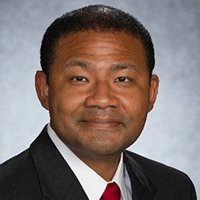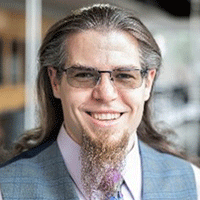
Earl Berry
Engineering Vice President
Southern Nuclear
Plenary Title: How the Vessel and Piping Community Will Help Global Energy Needs
Abstract: Southern Nuclear is commissioning the first two new nuclear reactors built in the United States in over 30 years. These reactors will generate over 2,000 megawatts of carbon-free electricity for at least 60 years and will help Southern Company achieve net-zero by 2050. We are not alone with our net-zero goal – many companies and countries have similar ones. Around the world, there are 57 reactors under construction and over 300 proposed. This demand is being driven by the desire to produce large amounts of clean, safe, reliable, and affordable energy worldwide.
With these goals and the desire to continue safely running nuclear power plants around the world, there are multiple opportunities for the pressure vessel and piping community. There are design concepts that require additional research, and the latest knowledge on materials and technologies must inform the codes and standards needed for these new concepts and the existing nuclear fleet. All of this must happen in the brief time needed to meet the accelerated global demand for clean electricity. Therefore, an energized and focused pressure vessel and piping community is critical to meeting our global energy needs.

Dr. Zach D. Brunson
Research Engineer
Georgia Institute of Technology, Atlanta, GA
Plenary Title: Mechanical Testing of Anisotropic Materials: From Fundamental Research to Testing As-Manufactured Materials
Abstract: As industries search for solutions to the problems of light-weighting, extreme temperatures, biocompatibility, and cost, engineers are increasingly turning to anisotropic and asymmetric materials such as magnesium (Mg) plate, titanium (Ti) forgings, 3D-printed nickel (Ni) superalloys, super-elastic Ni-Ti alloy extrusions, and a whole host of composites. Since an accurate description of a material’s strength is paramount to reliable and safe engineering design, it is crucial that we understand precisely how these materials behave, how to model that behavior, and how to calibrate those models. With this in mind: this presentation will explore state-of-the-art methods for multiaxial and multiscale mechanical testing; describe a newly developed yield criterion for anisotropic and asymmetric materials; and discuss recent research efforts for the mechanical testing of as-manufactured materials, from new samples and tests to automation.